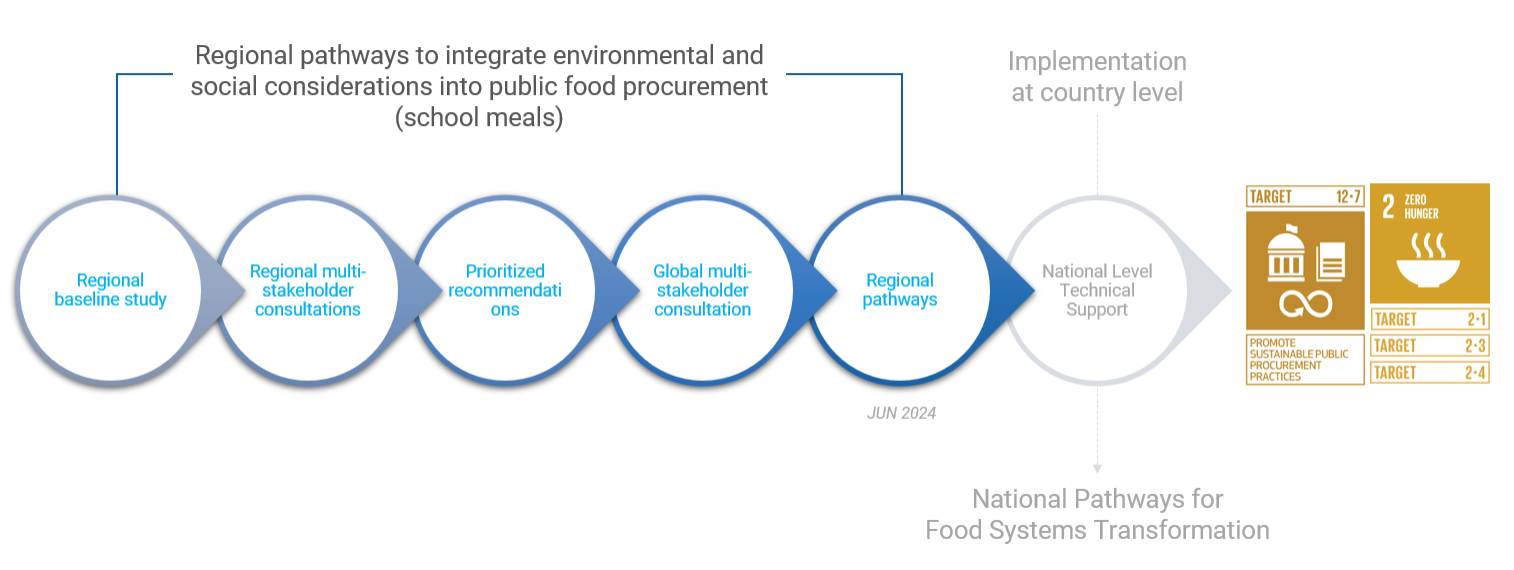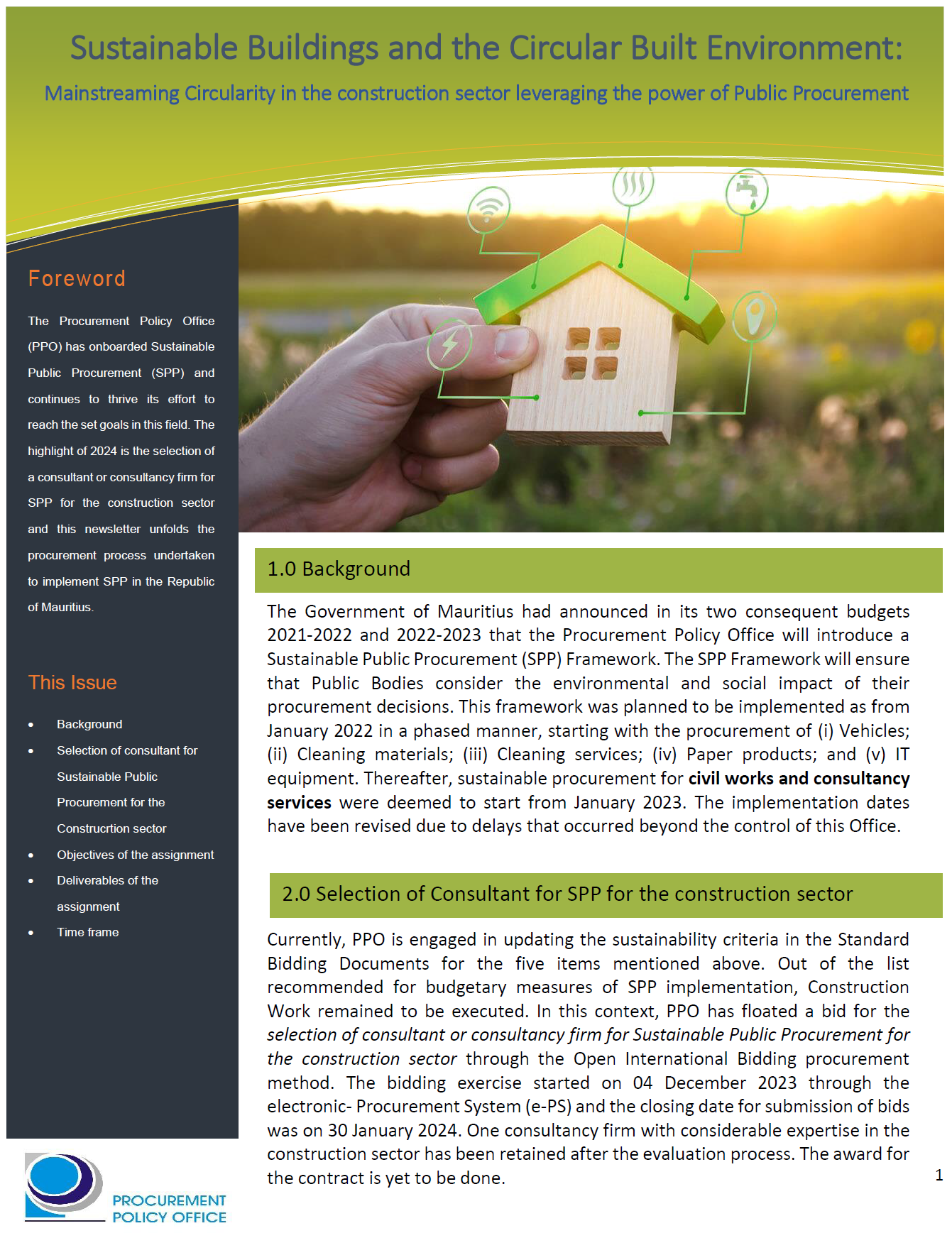Sustainable Lifestyles Research Group (SLRG)
The Sustainable Lifestyles Research Group (SLRG) aims to develop new and relevant understandings of the processes which lead to changes in people's lifestyles, behaviours and practices and to offer evidence-based advice to policy-makers about realistic strategies to encourage more sustainable lifestyles.
SLRG's core funding is provided jointly by the Department for the Environment, Food and Rural Affairs (DEFRA), the Economic and Social Research Council (ESRC) and the Scottish Government. Additional funding for individual projects has been won from the European Commission and from the ESRC.
The overall research objectives of SLRG are as follows:
- To develop an integrated, inter-disciplinary understanding of the relationship between human behaviour, social practices, technological systems and sustainability;
- To build a sound conceptual basis for understanding and influencing change processes aimed at sustainable living;
- To synthesise relevant findings from existing and on-going research on behaviour, practices, lifestyle and social change in a form accessible to policy-makers;
- To develop primary research studies aimed at elucidating key social, psychological, and structural dimensions of lifestyle change;
- To engage in and evaluate action-research initiatives aimed at sustainability at community, organisation and household levels;
- To undertake or commission targeted research to inform specific policy campaigns or strategies;
- To expand UK research capacity on sustainable living, providing a unique opportunity for the transfer of knowledge and experience between academic and non-academic communities;
- To promote the UK as an international centre of excellence in research and policy for sustainable living. SLRG research portfolio comprises around a dozen projects within four main research clusters: Community, Economy, Change Processes and Synthesis.
COMMUNITY
Project name: Civil society in sustainability transitions of food systems
A perceived crisis of un-sustainability in the food system has precipitated mounting calls for a transition to sustainability in the ways that food is produced, traded and consumed. This study concerns the strategic attempts made by UK-based civil society organisations (CSO's) to transform food systems and make them more sustainable.
Project name: Resilience and Sustainable Lifestyles
This project aims to explore resilience in activities as promoted by food-related civil society groups who seek to develop more sustainable ways of producing and consuming food. It will focus specifically on communal gardening projects which provide fresh produce for those who participate. It is important to understand what enables Sustainable activities to develop resilience, and related properties such as stability, durability and robustness, in the face of shocks and stresses that those activities, or the organisations that support them.
Project name: Sustainable Living in Remote Rural Scotland
This project seeks to narrow a gap in the sustainable lifestyles research - which is mostly concentrated on urban settings - by conducting ethnographic studies of three remote rural communities in Scotland, each currently undertaking projects to promote sustainable living locally.
ECONOMY
Project name: Mapping rebound effects from sustainable behaviours
Improved energy efficiency and behavioural change are expected to play a key role in reducing greenhouse gas (GHG) emissions. However, the energy and GHG savings from such measures may be less than simple calculations suggest, owing to a variety of mechanisms that go under the heading of rebound effects. This project seeks to improve understanding of the nature, magnitude and importance of these rebound effects for UK households.
Project name: Sustainable consumption: willingness to pay
This project had three main aims: to identify quantitatively from household purchase data the distribution of willingness-to-pay for a range of food characteristics (organic, freerange, fairtrade, country- of-origin) amongst the UK household population; to study the empirical relationship between these preferences and demographics in the UK household population; and to study the relationship between these preferences and responses to attitudinal questions regarding various shopping habits, including preferences for buying local or environmentally friendly products.
Change Processes
Project name: Children and the Environment
The aim of this scoping project is to develop a longitudinal study on the relationship between children and the environment and to explore media opportunities to bring this relationship into the public eye. This project builds on UNEP's groundbreaking Global Survey on Sustainable Lifestyles, which took place in 2010, which explored the views of 8,000 young adults from 20 countries across the world. In December 2013, SLRG and UNEP cohosted an international workshop to discuss research methods and research capacity building needs with 18 prospective international collaborators.
Project name: ELiCiT (Exploring lifestyle changes in transition)
This study aims to provide an in-depth exploration of a range of issues relating to the way in which people's lifestyles may become more or less sustainable at points of transition, specifically those having a first child and those retiring.
SYNTHESIS
Project name: Foundations for Sustainable Living
The Foundations Project aims to synthesis a coherent framework for sustainable living. It will be essentially a common intellectual endeavour, facilitated and led by Professor Jackson, with input from across the research group. Over and above the research aims of the work programme, the SLRG is dedicated to building capacity for research in sustainable lifestyles amongst academics, young researchers, practitioners, and user communities. Above all, SLRG aims to provide a vital resource for policy-makers attempting to influence the behaviours and practices of households, business and communities. The Director of the SLRG is Tim Jackson
Email: t.jackson@surrey.ac.uk
The SLRG Administrative Coordinator is Gemma Birkett.
Tel: 44 (0) 1483 68 6689
Email: g.birkett@surrey.ac.uk
Postal Address:
Centre for Environmental Strategy (D3)
University of Surrey, Guildford
GU2 7XH
United Kingdom
External source(s)
Image

Project start date
01/03/2011
Project end date
01/03/2011

